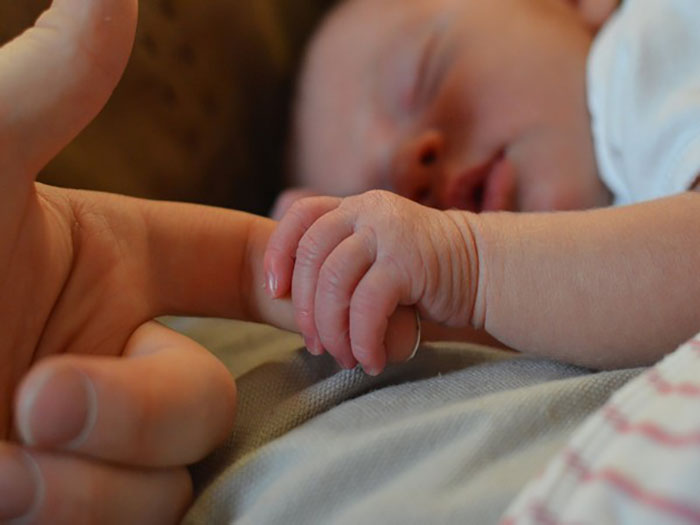Does eating fish in pregnancy increase autism risk?
Scientists at the University of Bristol looked at the assumption that mercury exposure during pregnancy is a major cause of autism using evidence from nearly 4500 women who took part in the Children of the 90s study.

New Delhi: Turns out, autism is not linked to consuming fish in pregnancy.
Scientists at the University of Bristol looked at the assumption that mercury exposure during pregnancy is a major cause of autism using evidence from nearly 4500 women who took part in the Children of the 90s study.
Using analysis of blood samples, reported fish consumption and information on autism and autistic traits from one of the largest longitudinal studies to date, researchers found no links between levels of mercury in the mothers and autism or autistic traits in their children. The only adverse effect of mercury found was poor social cognition if mothers ate no fish at all, especially for girls.
Also Read |
High-fat diet in pregnancy ups breast cancer risk
Lead author Jean Golding commented, "Our findings further endorse the safety of eating fish during pregnancy. Importantly we've found no evidence at all to support claims that mercury is involved in the development of autism or autistic traits.
"This adds to a body of work that endorses the eating of fish during pregnancy for a good nutritional start to life with at least two fish meals a week."
Dr Caroline Taylor said, "All species of fish contain traces of mercury, which can harm brain development, but we've found that the health benefits of fish, probably from nutrients such as vitamin D, omega-3 fatty acids, selenium and iodine, outweigh the risks from mercury."
"The advice on eating fish when pregnant is complicated and overwhelming. There is now a body of evidence to support a simpler and clearer approach that maximises the health benefits of fish."
The study appears in the journal Molecular Autism. (ANI)
 Dynamite News
Dynamite News 